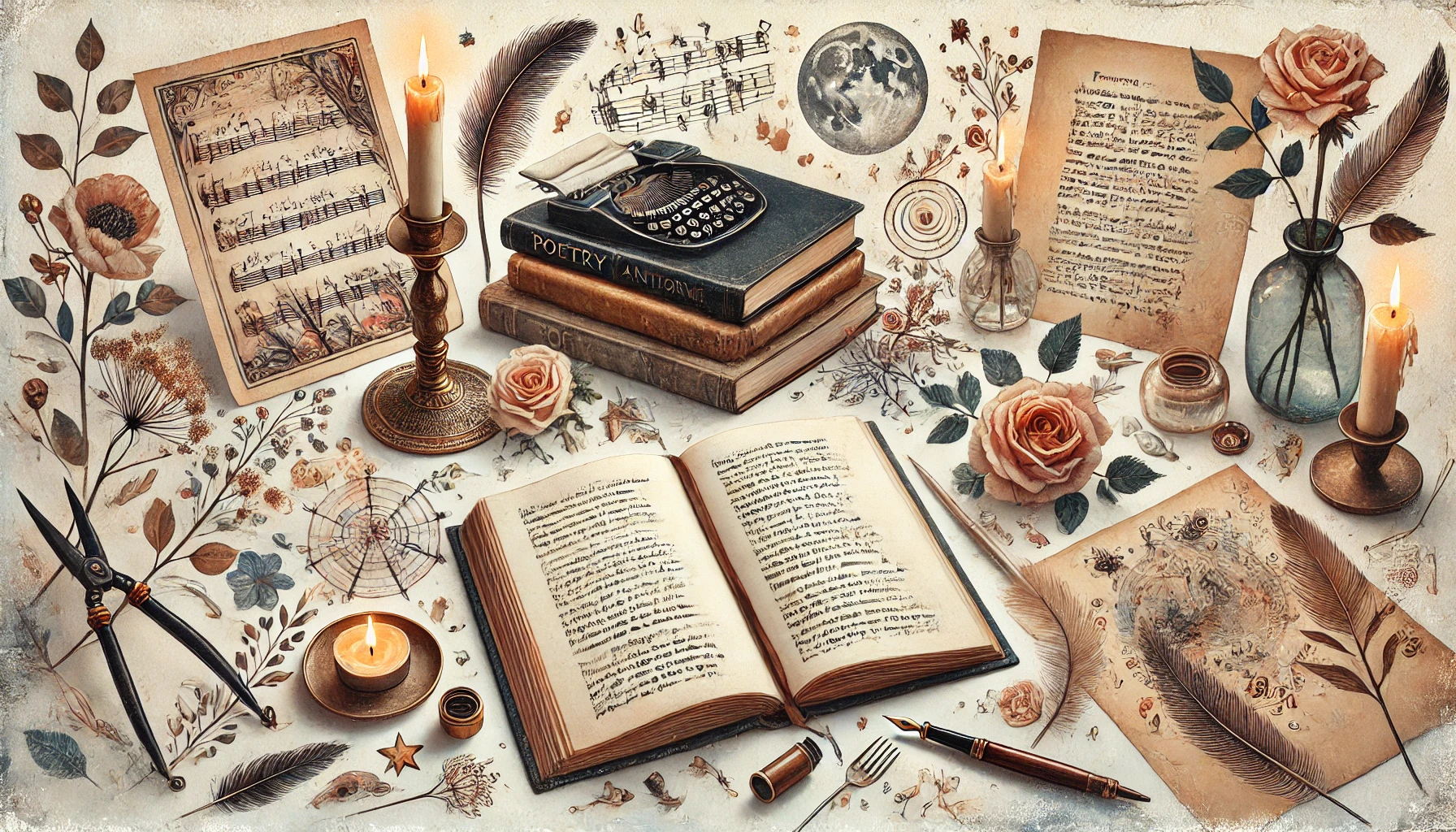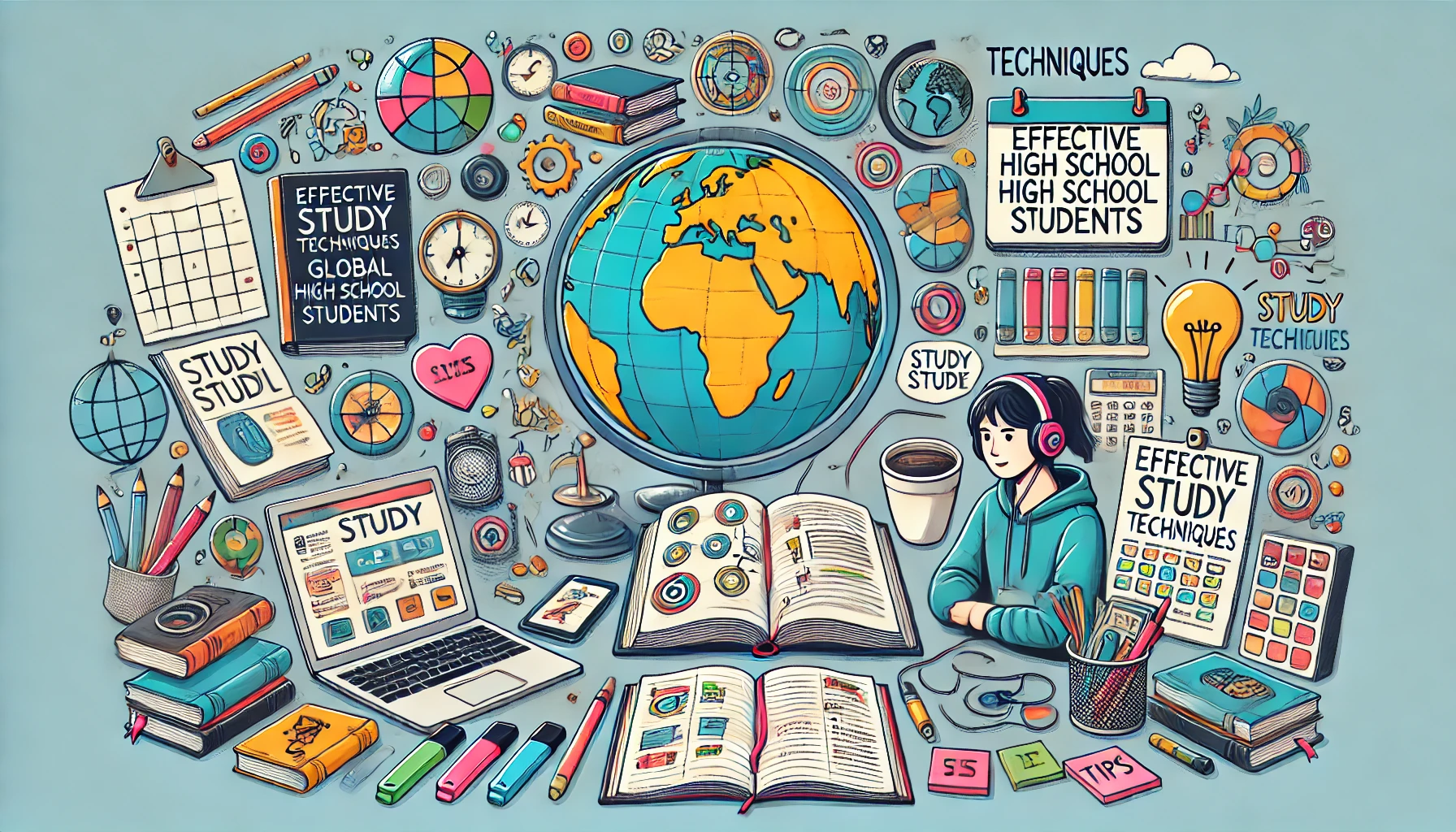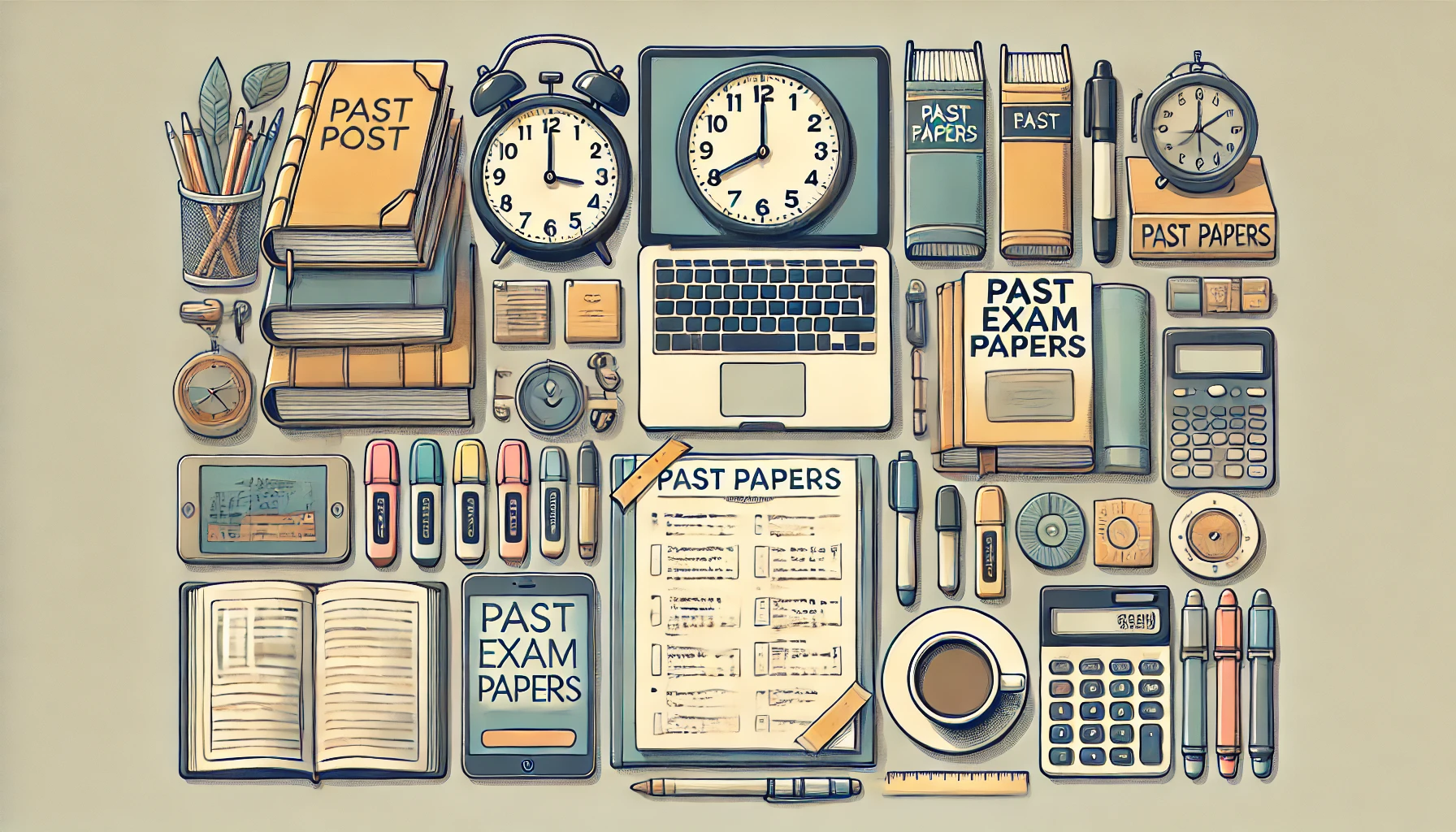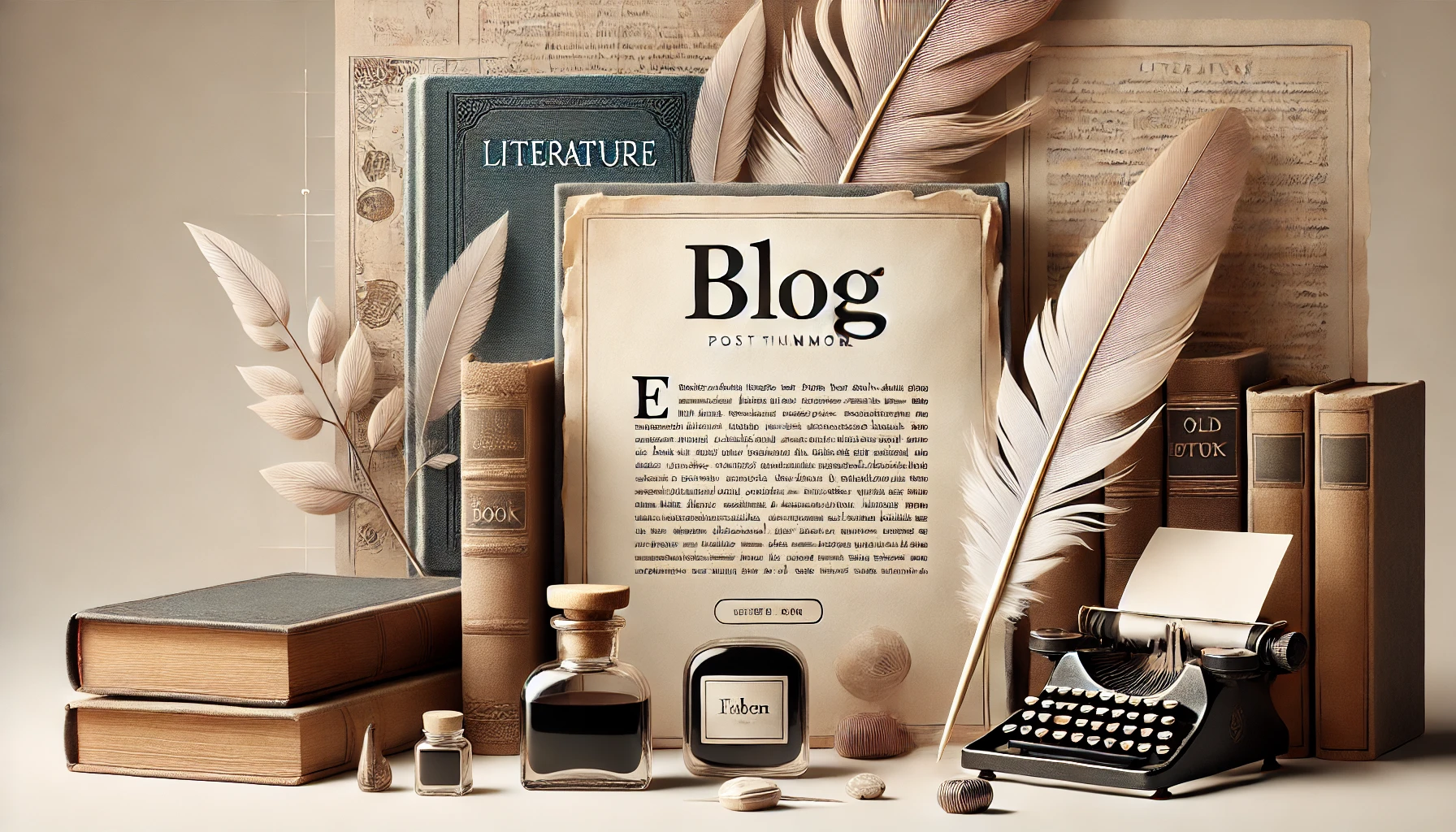
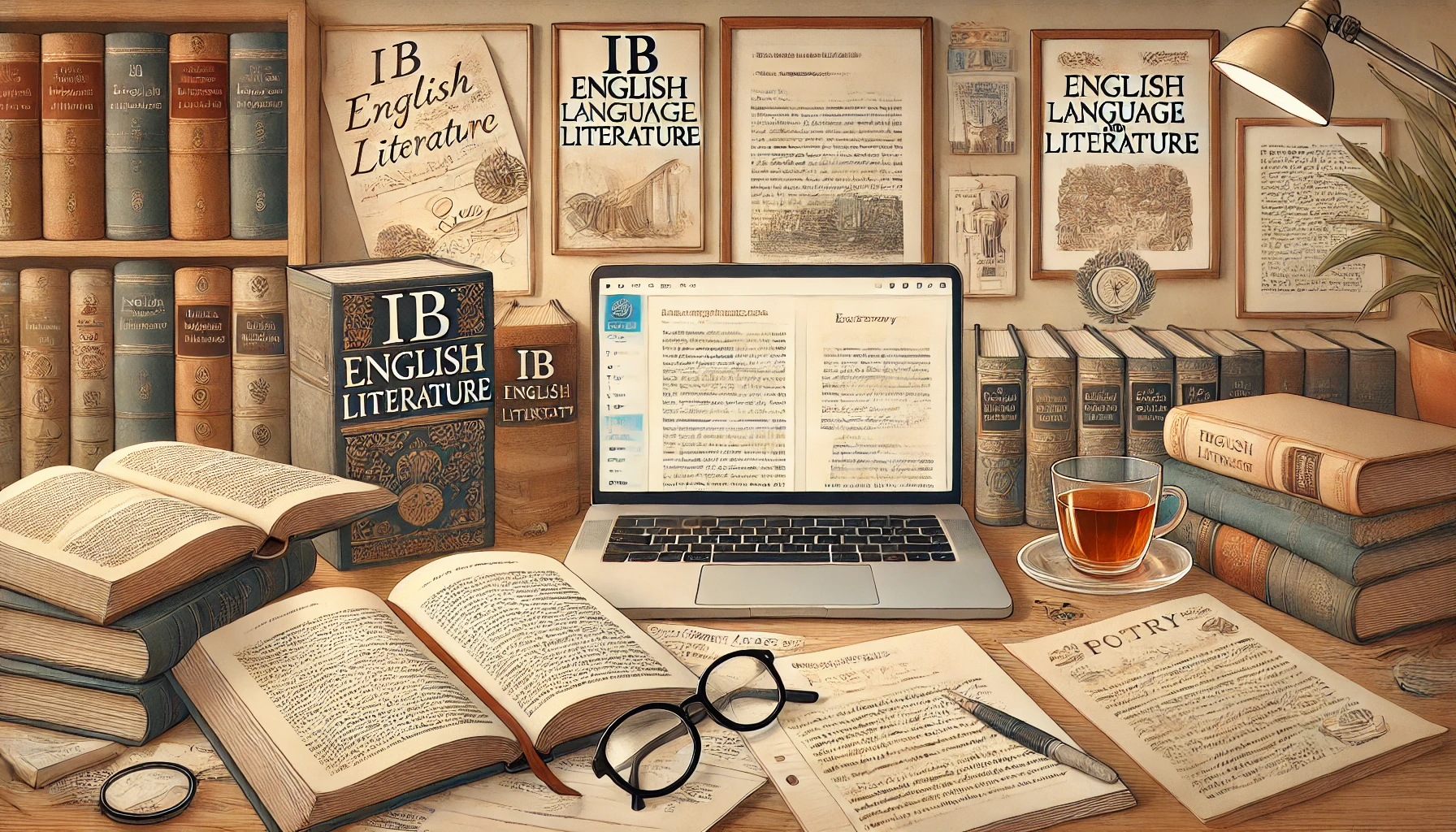
English Language and Literature is one of the IB DP’s most popular subject with 70,000+ competing it in 2024. We interviewed one of our top English Language and Literature tutors, Inès, about her experience in English Language and Literature and how she got a 7.
Ines graduated from St. Leonard’s College in Melbourne in 2024 and achieved a 45. She is going to study Law at the University of Oxford.
What score did you achieve in IB English Language and Literature?
I achieved a grade of 7 in English Language and Literature HL.
How did you study for IB English Language and Literature? What techniques did you use to study?
I looked online for random samples of the different syllabus text types – like comic strips (which I initially found tricky), opinion pieces, articles, and so on. The great thing about Lang and Lit is how relevant and accessible the materials are. You don’t need to rely on official past papers – you’re surrounded by potential practice texts. Just make sure you’re applying the same skills you'd use in the exam to whatever you're working with.
What is your advice for English Language and Literature students for the IA?
Individual oral
This might sound obvious, but come prepared. You should know exactly what you’re going to say – and that only comes from lots of practice. Use specific evidence from the texts and focus on explaining how techniques work to achieve an effect. It’s way better to analyse three techniques in depth than to rattle off six without much insight. Be intentional: show how the author uses form, structure, and language to construct meaning, and always tie it back to the global issue.
HL Essay
You have quite a bit of freedom here, so choose a topic that genuinely interests you or that you feel you can explore in a meaningful, original way. The key is to go beyond just analysing techniques – really zoom in on the bigger picture. What’s the author saying about society, power, identity, culture? Connect your claims to broader social or cultural paradigms, and make sure every technique you include is purposeful and clearly supports your argument. It’s not about using more techniques – it’s about using the right ones to say something insightful.
What is your advice for English Language and Literature students for the end of year exams?
Go into both Paper 1 and 2 with a clear strategy. Having a method keeps you focused andstops you from going off track under pressure.
For Paper 1, the “What? How? Why?” approach is super effective:
- What is the author literally saying?
- How are they saying it (techniques)?
- Why – what’s the deeper message?
Make sure you’re looking at both explicit and implicit meaning, and don’t treat techniques in isolation. Link them together so your paragraph flows logically and builds toward aninsightful conclusion about their combined effect.
Also, get confident with metalanguage. Go beyond the basics like simile or repetition – bespecific and know a range of techniques and their effects. It adds a lot of polish to youranalysis.
For Paper 2, know your texts inside and out. Read them more than once and create a quote/claim bank organised by theme, technique, and context. That way, you can adapt your ideas to a range of questions and build strong, flexible responses. Additionally, have a set methodology about the structure of your paragraphs and make sure you focus on the similarities and the differences between the texts.
For 200+ literary devices, check our our master list.
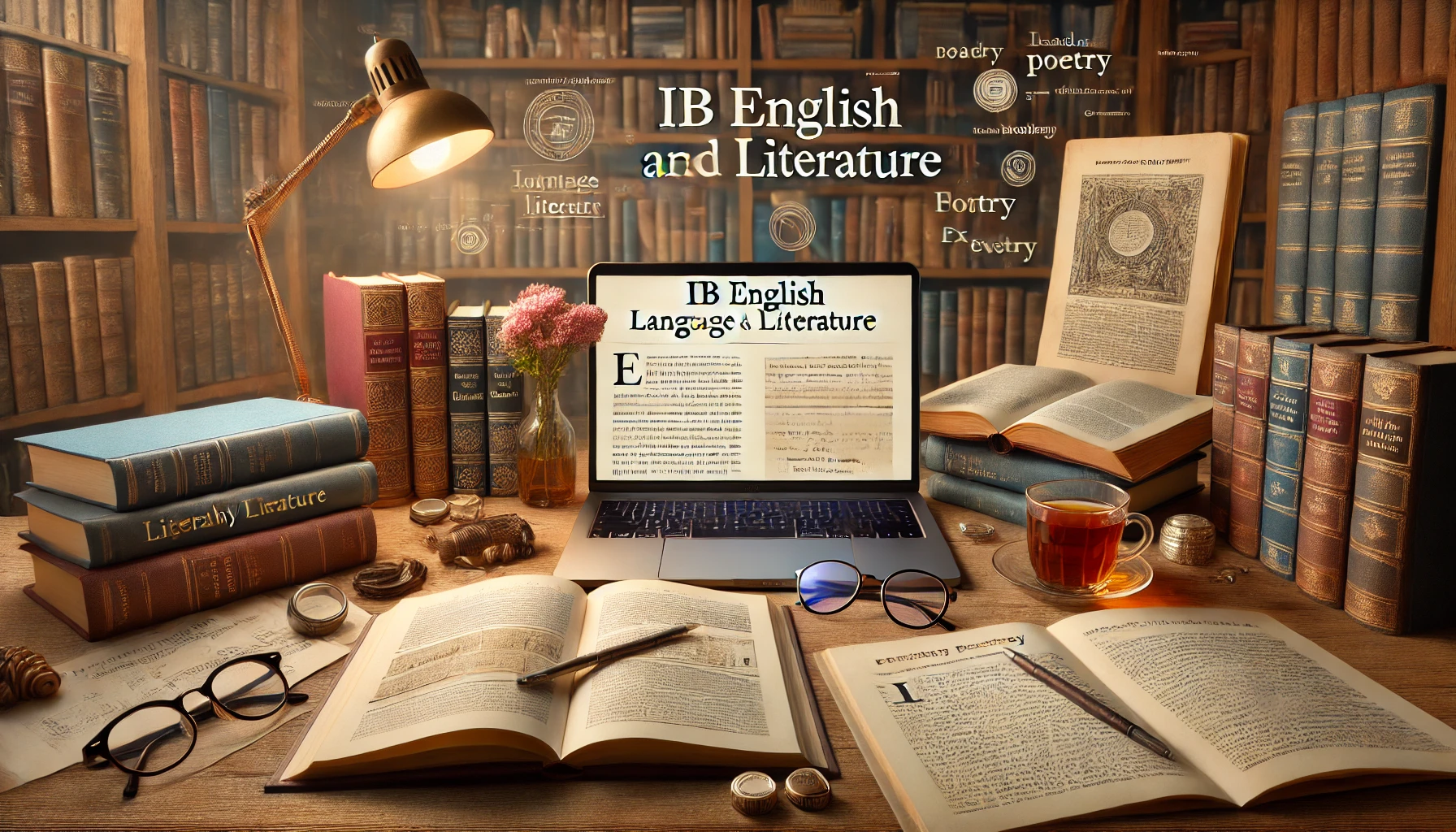
Do you have any resources that you would recommend?
For Paper 1, I used a mix of online sources to find practice papers – there are so many available. I also recommend websites like LitCharts for building metalanguage – they have extensive lists of devices with definitions and examples, which is great for learning more nuanced techniques.
For Paper 2, I sometimes used online summaries to refresh broad themes, but what helped even more was reading academic essays (from platforms like JSTOR) to spark deeper, more critical thinking. Of course, the goal isn’t to copy ideas – it’s to expand your perspective and develop your own interpretations. That kind of original thinking always shows in your writing.
IB English Language and Literature examines literary and non-literary texts, highlighting language's impact on thought and culture. This guide explores its structure, assessments, and key tips for excelling in the course.
What separates an average student from a good student from a great students in IB English Language and Literature?
An average student might recognise a few devices and understand the basics of analysis, but their responses tend to lack depth and structure. They often stop at how a technique works, without unpacking the why or what the author is really trying to say.
A good student knows a broader range of literary and visual techniques, can navigate different text types confidently, and has a decent structure to their writing. Their analysis makes sense and includes some strong ideas – but it might not always go that extra step.
A great student, though, moves beyond surface-level analysis. Their writing is cohesive and logically structured, with linking sentences that guide the reader through their argument. They analyse techniques not just in isolation but in how they interact, building toward insightful conclusions that connect to wider social, political, or cultural contexts. They understand the role authors play in our society, and the intended purpose of their works.
How did you balance study with the rest of your life in the IB DP?
I tried to build structure into my study routine so it didn’t feel overwhelming. I planned out what I wanted to get done each week and then split that into smaller, manageable sessions. I’d rotate subjects to keep things interesting, and take proper breaks – guilt-free. Honestly, breaks made me more productive, not less. I also made sure to stop comparing how much I was studying to everyone else – what matters is whether your method is working for you.


